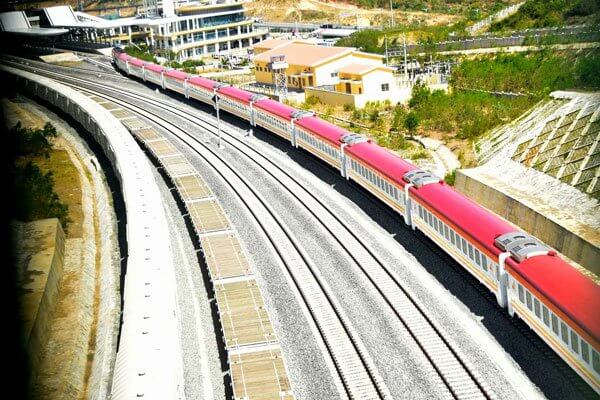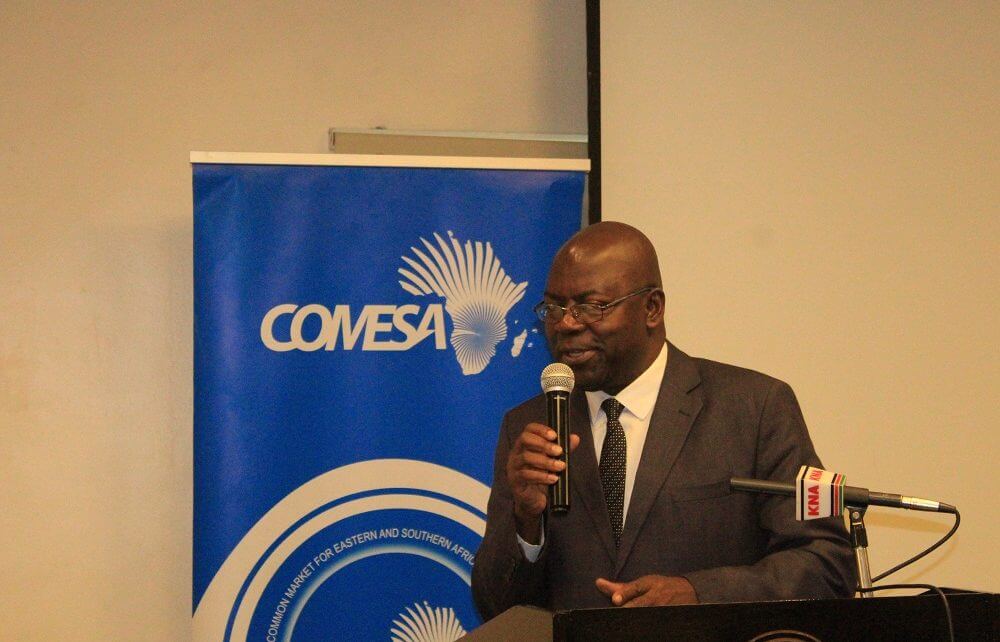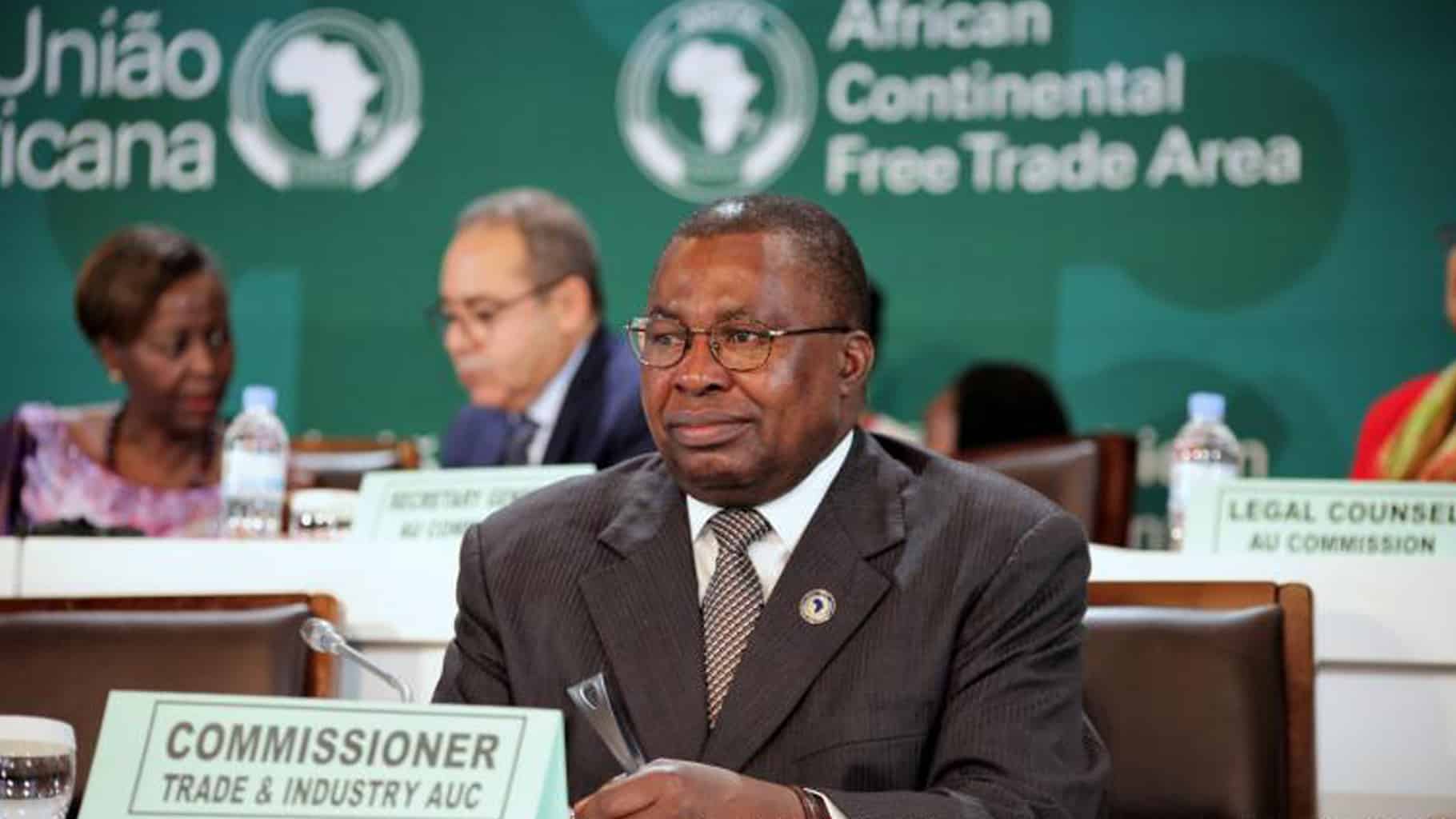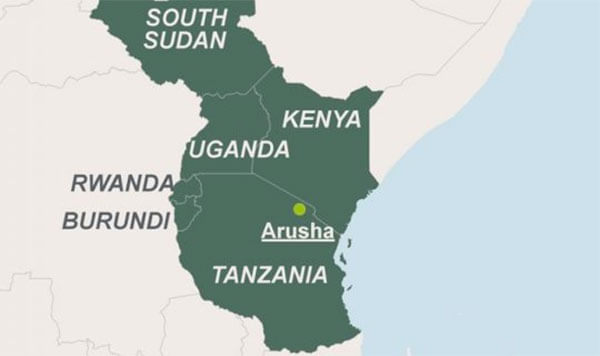The hopes of China’s president Xi Jinping to play a more assertive role on the world stage were under pressure on Thursday as he headed to the G20 summit amid a trade war with the US and blows to his flagship Belt and Road Initiative (BRI). Mr Xi, who has reversed years of foreign policy caution, landed in Osaka amid reports that Tanzania had suspended a port project and Kenya halted construction on a coal power plant, dealing a major blow to Beijing’s ambitions in Africa. The port in the Tanzanian town of Bagamoyo was worth $10bn and would have been the largest in east Africa. But financing terms presented by the Chinese were “exploitative and awkward,” said John Magufuli, Tanzania’s president. “They want us to give them a guarantee of 33 years and a lease of 99 years, and we should not question whoever comes to invest there once the port is operational,” said Mr Magufuli. “They want to take the land as their own but we have to compensate them for drilling construction of that port.” When Mr Xi launched the BRI in 2013, developing nations enthusiastically signed on for loans to fund big projects that would set them on the path to prosperity. But six years on new governments are starting to cancel and renegotiate contracts given the weight of Chinese debt, casting doubt on the $1 trillion initiative set to inaugurate a new ‘Silk Road’. Sri Lanka’s Hambantota port was a cautionary tale for many. After...
China’s ambition dealt blow ahead of G20 as Tanzania and Kenya projects grind to halt
Posted on: June 28, 2019
Posted on: June 28, 2019




















